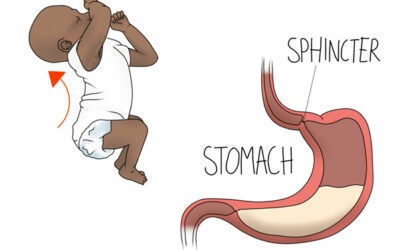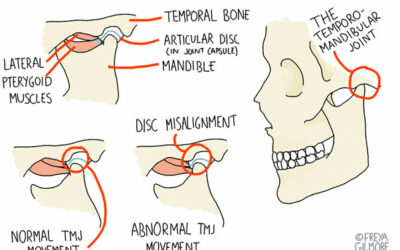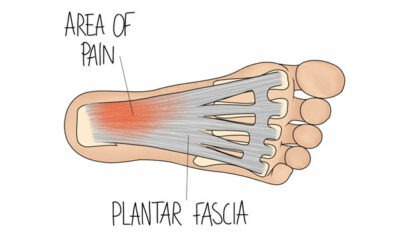 You try to eat well, keep your weight down and take some exercise. But have you ever paid close attention to the health of your brain specifically?
You try to eat well, keep your weight down and take some exercise. But have you ever paid close attention to the health of your brain specifically?
Just as important as our physical health is that of our brains. Taking care of our grey matter can help us to live longer and with a greater quality of life to boot, by staving off brain diseases such as dementia and Alzheimer’s.
Here are five ways you can boost your brain health every day:
Diet
Eating a healthy balanced diet rich in vitamins, essential fatty acids like Omega 3 and Omega 6, and wholegrains can help to protect our brains from disease. Be sure to get plenty of vitamin B12 which helps to keep our brains sharp as we age, and vitamin D which encourages nerve growth in the brain. Looking after your gut flora is important too – who would have thought that those daily probiotic drinks could benefit your brain as well as your belly?
Exercise
Staying active as we get older helps to stave off mental aging. As well as encouraging a healthy blood supply to the brain, exercise causes the brain to work at optimum capacity by multiplying nerve cells, strengthening their interconnections and protecting them from damage. Benefits to the brain of regular exercise include improved memory and the ability to pick up new skills more quickly.
Sleep
A poor night’s sleep has much more of an impact than simply leaving us groggy and craving coffee. Getting plenty of sleep is essential for our general health and wellbeing. Sleeping less than seven hours a night has been linked to memory loss and cognitive decline. What’s more, part of our brain is more active as we sleep, eliminating toxins and performing something akin to a reset to prepare us for the day ahead.
Not sleeping well? Get our tips on getting a good night’s shut-eye.
Music
Listening to music can improve our mental focus and enhance cognitive function. It’s thought that many parts of the brain are involved when we listen to or play a piece of music. In this way the whole brain is stimulated and engaged. So whether you’re into rock, pop or something more classical, music is beneficial to your brain.
Challenge your mind
It’s important that we keep on learning as we age, to continue to stimulate various parts of the brain. Activities like learning a new language or how to play a musical instrument can help to prevent brain ageing and cognitive decline. It’s thought that even searching the internet is helpful in stimulating different parts of the brain.
Another way to boost brain health is to break with your usual routine. Small changes in our daily activities can give our brains a mini workout. Things like using your other hand to brush your teeth or control your computer’s mouse will all get our brains working harder.
Useful links



0 Comments